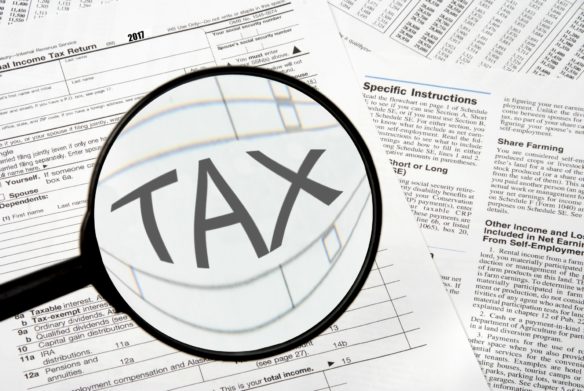
When it comes to the health care law, also known as the Affordable Care Act (ACA), and how it may affect your company’s taxes, there are many questions you might have. This blog is designed to answer your questions and make filing a breeze!
The Good News and the Bad News
We all know by now that individuals are required to have health insurance in 2017 and that applicable large employers (ALEs) are required to offer health benefits to their full-time employees. If you’re an employer, be sure to accurately meet the reporting requirements. Reporting is due early in 2018. Forms 1094-C, 1095-C, 1094-B, and 1095-B need to be filed by February 28, 2018 by mail, or April 2, 2018, electronically. Employers remember to provide all printed forms to the IRS in landscape, not portrait.
The good news: we didn’t see any substantial changes in the instructions for filing the 1094-B and 1095-B, 1094-C and 1095-C, or the forms themselves: 1094-B, 1095-B, 1094-C, and 1095-C. The IRS kept the “plan start month” box as an optional item for 2017 reporting and confirmed there is no code for Form 1095-C, Line 16 to indicate an employee waived an offer of coverage.
The bad news: for 2017, the “good faith compliance efforts” offered by the IRS in the past will no longer be extended. And there are penalties employers need to be aware of:
- Employers will be fined $260 for each incorrect or unfiled return. The total penalty for a calendar year will not to exceed $3,218,500.
- Statements to employees must be furnished by January 31, 2018 or an employer can be fined $260.The total penalty for a calendar year not to exceed $3,218,500.
- Employers can go to Form 1095-C, Line 15 to report the monthly cost of the lowest employee-only premium offered to employees. As long as the dollar amount reported on Line 15 is correct, no penalty will be imposed.
6055 Requirements When It Comes to Forms 1094-B and 1095-B
Employers who provide minimum essential coverage (MEC) during a calendar year are required to report to the IRS certain information about individuals covered by MEC along with a statement to those individuals. Section 6055 reporting relates to covered individuals that have been provided MEC by health insurance issuers, certain employers, and other entities that provide MEC. A statement disclosing MEC information must also be furnished to responsible individuals.
Details about information reporting requirements under section 6056 is available on the Information Reporting by Applicable Large Employers page.
6056 Requirements: Forms 1094-C and 1095-C
The information reported on Form 1094-C and Form 1095-C should be used to determine whether an employer is liable for any payment under the employer shared responsibility provisions of section 4980H, and the amount of the payment, if any. The IRS uses Form 1095-C to determine the eligibility of an employee to receive the premium tax credit under section 36B. Employers that are subject to section 4980H and that sponsor self-insured health plans can use Form 1095-C to verify employees’ and family members’ enrollment in minimum essential coverage under the self-insured health plan for purposes of the individual shared responsibility provisions of section 5000A. The 1095-C form retains the “plan start month” box, intended to provide the IRS with information used to calculate an individual’s eligibility for premium tax credits.
If you’d like to learn more about ACA Reporting to the IRS in 2017, please contact the experts at RTR Consulting. For more than 20 years, we’ve been helping small to medium-sized businesses manage their most precious resource through a full range of HR services – at a fraction of the cost of an in-house department, too!